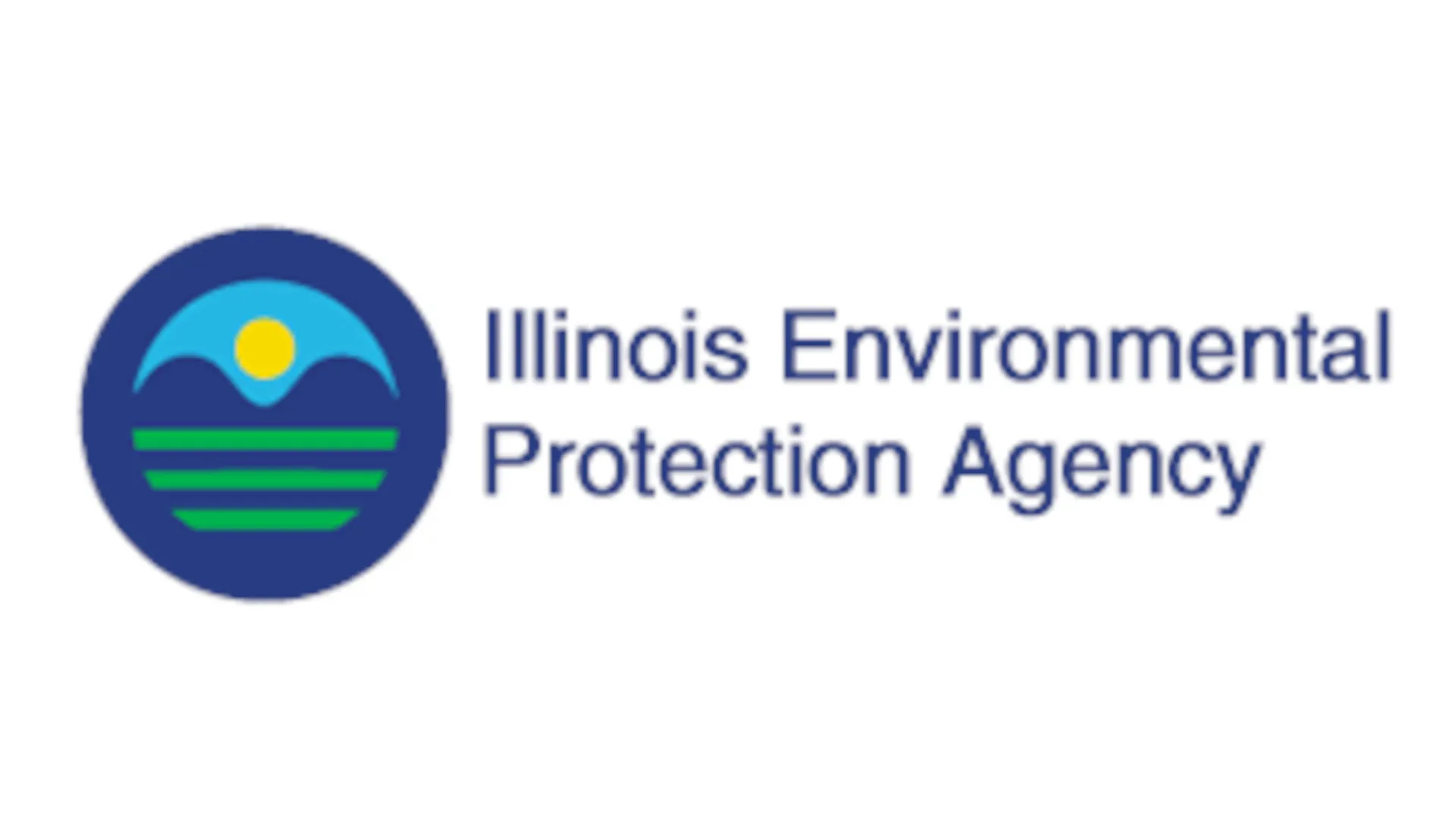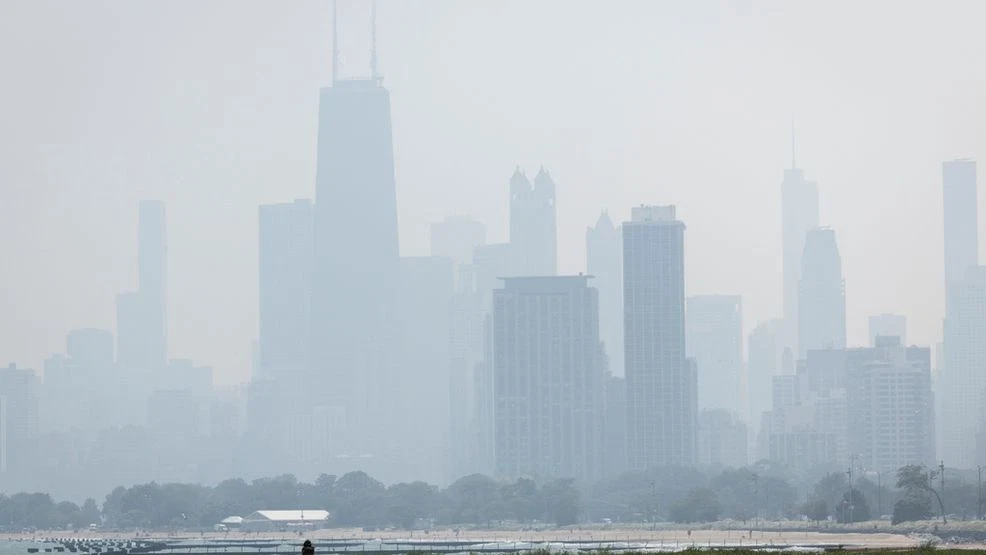CHICAGO — Trump International Hotel & Tower has agreed to a record $4.8 million settlement following a yearslong legal battle over environmental violations involving the Chicago River, according to state officials and environmental advocates.
The building, located at 401 N. Wabash, was found to be in violation of the Clean Water Act, the Illinois Environmental Protection Act, and responsible for a public nuisance due to its cooling water intake system, which harmed aquatic life and lacked proper permits.
Years of Non-Compliance Spark Legal Action
The legal case was initiated in 2018 by Friends of the Chicago River, the Sierra Club, and the Illinois Attorney General’s Office, following concerns that Trump Tower had been drawing up to 21 million gallons of water daily from the river without using required safeguards to protect aquatic organisms.
A 2023 ruling by Cook County Circuit Court Judge Thaddeus L. Wilson confirmed that the building had misreported water usage by roughly 44% for over a decade and failed to deploy systems designed to minimize harm to river life.
Settlement Includes Restoration and Penalties
As part of the agreement:
-
$1.5 million will be paid in penalties to the state.
-
$300,000 will cover attorneys’ fees.
-
$3 million will fund a Supplemental Environmental Project to restore fish habitats in the Chicago River.
-
The Friends of the Chicago River will oversee this restoration in partnership with the Illinois Environmental Protection Agency and the City of Chicago.
Environmental groups emphasized the historic scale of the resolution. The Sierra Club Illinois Chapter called it a “great day for Chicago,” citing its significance for future polluter accountability.
Environmental Groups Welcome the Outcome
“Friends of the Chicago River is extremely pleased that much of the money… can be used to create and restore habitat in downtown Chicago for fish and other aquatic wildlife,” said Margaret Frisbie, executive director of Friends of the Chicago River.
The ruling marks the largest Clean Water Act settlement in Illinois state court history, underscoring years of lax environmental compliance by one of the city’s most visible landmarks.
Have you noticed changes in the Chicago River or nearby waterfronts in recent years? We want to hear from you. Share your thoughts in the comments or on our homepage at ChicagoSuburbanFamily.com.














